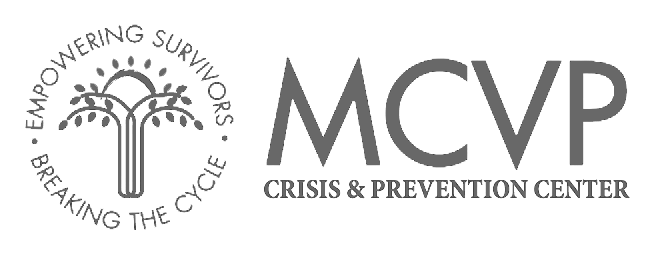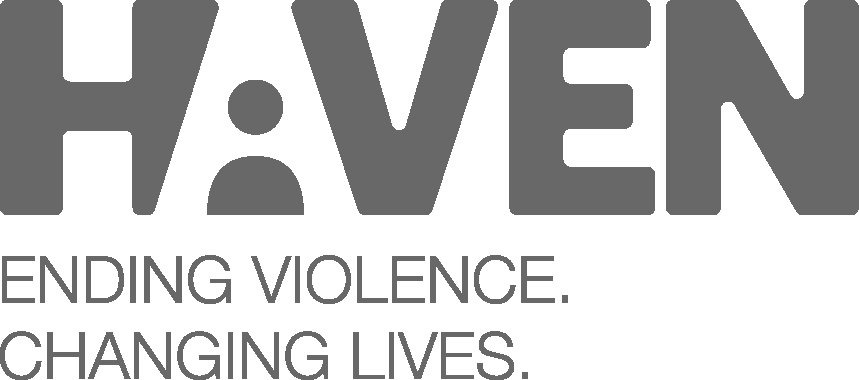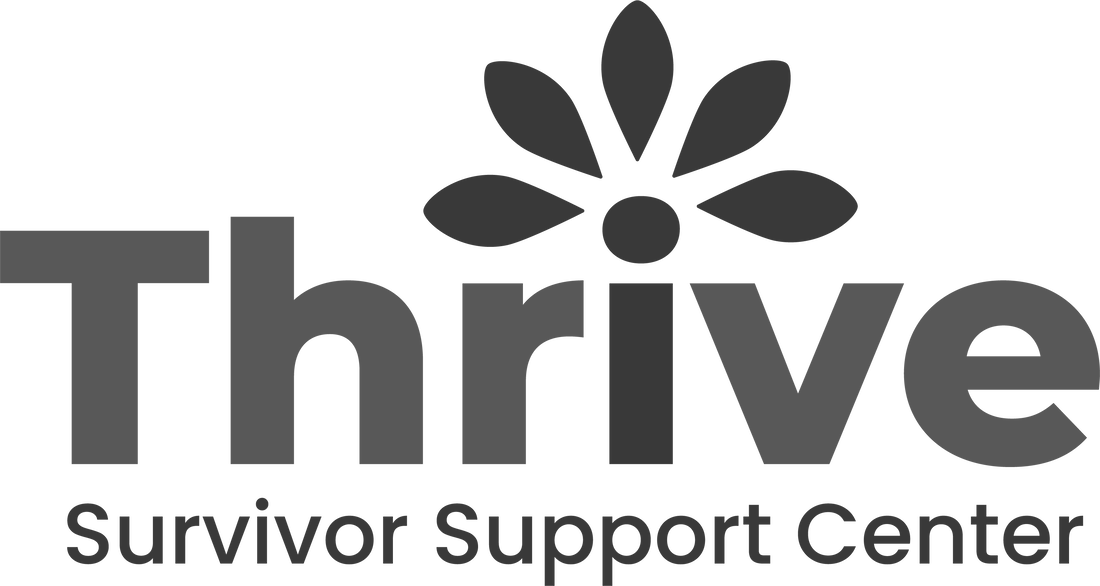GET HELP NOW
Amanda Grady Sexton of the coalition said crisis centers rely on federal funding to help survivors access emergency housing, to ensure that sexual assault victims have support when going to the hospital for a rape it, and to help victims of stalking develop a safety plan.
Amanda Grady Sexton of the coalition said crisis centers rely on federal funding to help survivors access emergency housing, to ensure that sexual assault victims have support when going to the hospital for a rape it, and to help victims of stalking develop a safety plan.
“The federal shutdown is having a devastating impact on victims of domestic and sexual violence and their children across the nation,” said Amanda Grady Sexton, Director of Public Affairs at the NHCADSV. “Crisis centers rely on federal funding to help survivors access emergency housing, to ensure that victims of sexual assault have support when going to the hospital for a rape kit, and to help victims of stalking develop a safety plan for themselves and their children. Without support from the federal government, life-saving support services will become inaccessible and victims will be put in greater danger. Victims of crime and their children are the ones paying the price for the government shutdown, and we must do all that we can to restore critical resources to the agencies who work tirelessly to uphold public safety and to help keep survivors safe.”
Seven states have already passed similar legislation, Massimilla said. New Hampshire was one of the first states to criminalize human trafficking in 2009, said Jessica Eskeland, public policy specialist with the New Hampshire Coalition Against Domestic & Sexual Violence.
It’s still an issue here, Eskeland said. “A lot of folks think that trafficking is much more of an urban problem and that maybe it isn’t here in New Hampshire, which is, unfortunately, very much untrue,” Eskeland said. “By virtue of being on the I-95 corridor, connecting Maine all the way down to Miami, we are very much at risk for this activity.” Eskeland said it can be hard to get sex trafficking data – partly because many victims are afraid to come forward and risk being charged with other crimes.
The New Hampshire Coalition Against Domestic and Sexual Violence, which trains nurses to examine victims, estimates that 250-300 kits are collected statewide each year. Amanda Grady Sexton, the coalition’s public affairs director, called the backlog unacceptable and said the state must provide law enforcement and the crime lab with additional resources to modernize its system.
“When a victim of sexual assault decides to undergo an exam for evidence collection, it’s critical that their rape kit is processed quickly and that the evidence is properly tracked and stored. No victim of sexual assault should ever be left wondering when or if their rape kit will be analyzed,” she said.
“The first time we were made aware of (the untested kits), and the first time there was actually an analysis done of it, was just prior to the grant application by the Department of Justice,” said Amanda Grady Sexton, director of public affairs for the New Hampshire Coalition Against Domestic and Sexual Violence.
“We’re living in a world where you can track your pizza online but you can’t track your rape kit in New Hampshire. It’s ridiculous,” she said.
In a statement, the New Hampshire Coalition Against Domestic Violence and Sexual Assault described Maher as an “innovative leader” in the field of combating campus-based violence.
“Jeff has a demonstrated history of partnering with students to make campuses safer and improve institutional responses to violence and harassment. His willingness to truly listen to the difficult reality of sexual assault is our best hope of making St. Paul’s a safer campus,” said Lyn Schollett, the coalition’s executive director.
“We can all play a role in preventing these devastating actions of violence by educating ourselves on the warning signs of abuse, learning more about local support services in our area, and believing and supporting the survivors in our lives,” Lightfoot said. “We can help to create safer communities. We encourage everyone to reach out to local crisis center to speak with an advocate to learn more about how they can support a loved one and learn more about how they can safely intervene when they recognize an unhealthy situation.”
A spokesman for the state’s leading anti-domestic violence group praised Smukler’s ruling.
“We’re pleased to see that Owen Labrie’s attempt to avoid accountability for sexually assaulting a minor was denied,” said Amanda Grady Sexton with the New Hampshire Coalition Against Domestic and Sexual Violence. “Labrie’s continuous efforts to evade jail time demonstrates a clear lack of understanding of the seriousness of sexual assault, and has further shown the incredible lengths that predators will go to when refusing to accept ‘no’ for an answer.”
But the proposed bill — still in draft stages — drew swift criticism from the New Hampshire Coalition Against Domestic and Sexual Violence, which said the law already is used judiciously and called it a backstop against inappropriate sexual advances at any age level.
“We oppose any legislation that would prohibit prosecutors from being able to make these vital distinctions,” said Amanda Grady Sexton, director of public affairs for the New Hampshire Coalition Against Domestic and Sexual Violence. |
Archives
June 2024
Categories |
Our Supporting Partners
The 12 member programs of the New Hampshire Coalition Against Domestic and Sexual Violence provide services regardless of gender,age, health status (including HIV-positive), physical, mental or emotional ability, sexual orientation, gender identity/expression, socio-economic status, race, national origin, immigration status or religious or political affiliation.
Funding for this website was provided by The Corporate Fund.
New Hampshire Coalition Against Domestic and Sexual Violence
PO Box 353, Concord, NH 03302-0353
(603) 224-8893
New Hampshire Coalition Against Domestic and Sexual Violence
PO Box 353, Concord, NH 03302-0353
(603) 224-8893
NH web design by Harbour Light Strategic Marketing

 RSS Feed
RSS Feed












